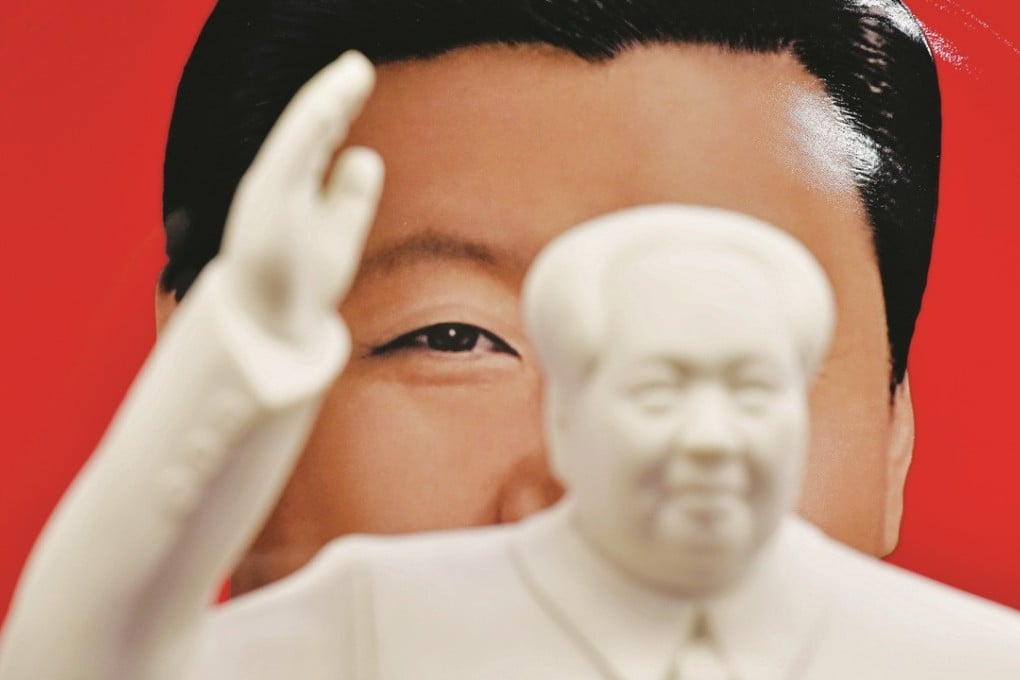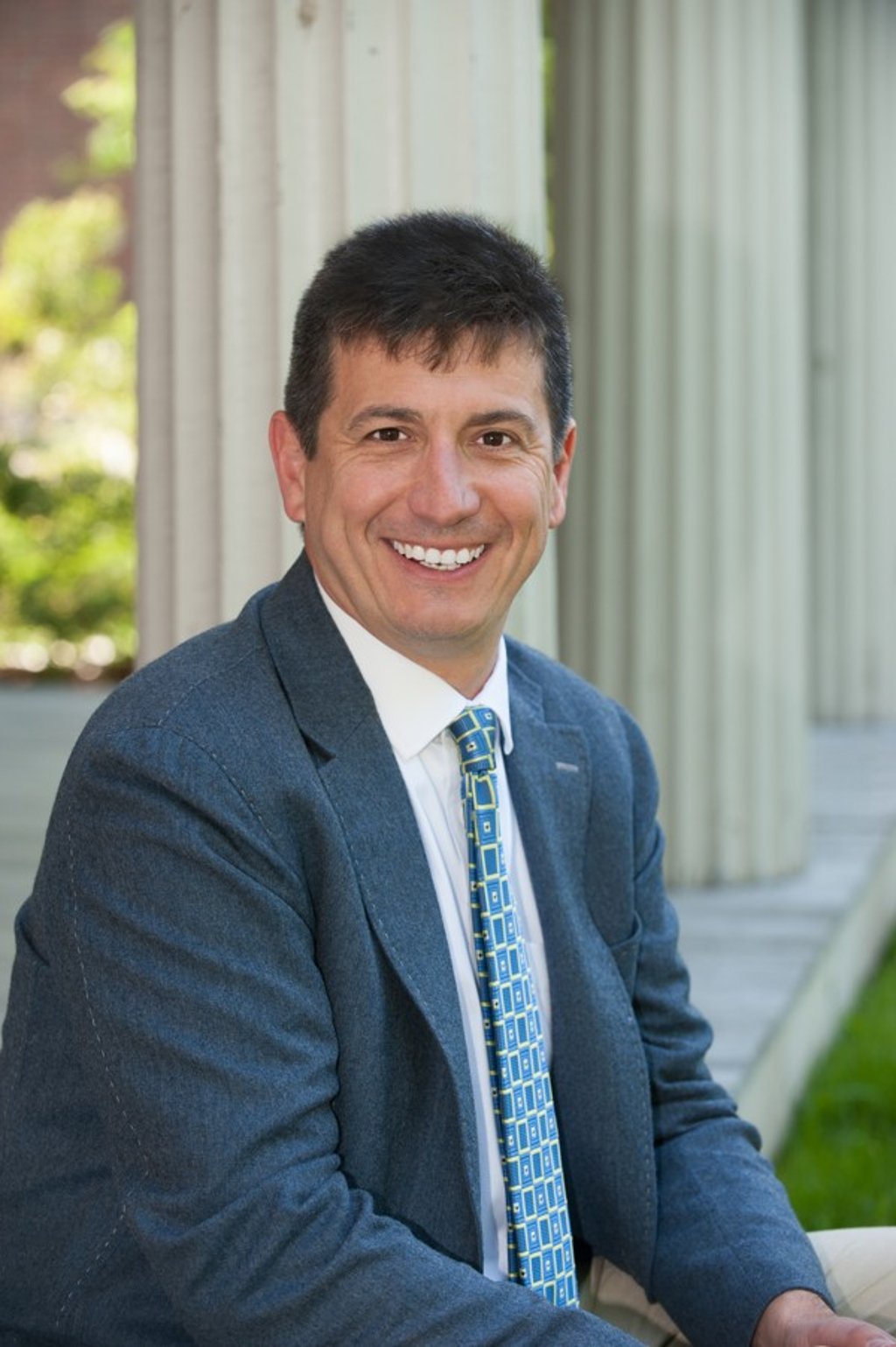Harvard University book tackles the big China questions, from whether Mao still matters to legitimacy of communist regime
‘The China Questions: Critical Insights into a Rising Power’, by Harvard University’s Fairbank Centre for Chinese Studies, is written to give a nuanced, accessible perspective of the most important issues China is facing

Sound bites about China, spoken by either the media or politicians, can fall into the trap of oversimplification. This can result in assumptions that, like the tip of an iceberg, do not reveal the myriad complexities below the surface.
But a new book published by Harvard University’s Fairbank Centre for Chinese Studies to celebrate its 60th anniversary this year provides a more nuanced and accessible perspective of the issues China is facing, ranging from political and economic to cultural and societal.
How China’s internet is controlled – and at what cost to the country – told in two books
The China Questions: Critical Insights into a Rising Power took three years to complete and draws on the expertise of 36 academics from the centre, which is named after the late John King Fairbank – considered the father of sinology in the US. It was edited by Michael Szonyi, professor of Chinese history at Harvard and director of the Fairbank Centre, and Jennifer Rudolph, associate professor of modern Chinese political history at Worcester Polytechnic Institute.

“We were looking for ways to mark the anniversary to coincide with the sense that not everything is going well in China-US relations. Little did we know it would get worse,” Szonyi says wryly, alluding to the election of President Donald Trump while the book was coming together.
Each chapter focuses on a question the academics think people should be asking about China. Although the chapters can be read in any order, the first chapter should grab readers’ attention – “Is the Chinese Communist Regime Legitimate?” Others are equally provocative, such as “Does Mao Still Matter?”, or “(When) Will Taiwan Reunify with the Mainland?”
“With most of the questions, there aren’t any definitive answers,” says Rudolph, speaking via Skype from Boston. “They [the experts] talk about the topics and answer the questions within a limitation of 2,000 words. We try to show the complexity and importance of the questions, and tackle them.”